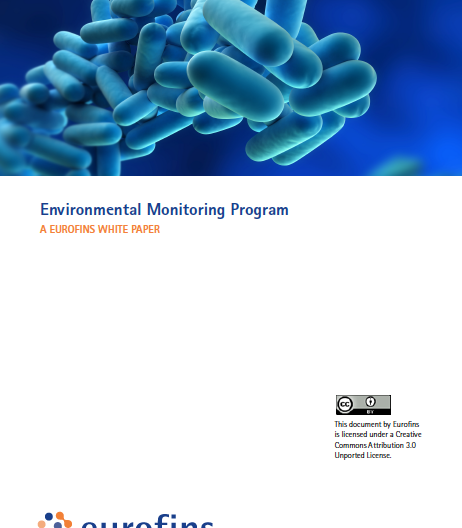Unlike many other industries, the cannabis sector thrived during the pandemic in both Canada and the United States. Edibles sales in particular skyrocketed in the U.S. while Canada’s edibles outperformed industry growth throughout 2020. And experts are expecting the demand to increase even further. By 2025, BDSA predicts that the Canadian edibles market will triple in size. However, there are a lot of hoops to jump through when trying to navigate Canada’s highly-regulated cannabis sector. That’s why we’ve compiled the top three things you need to know before entering the cannabis edibles market. This expertise comes from the 2020 North American Food Safety and Regulatory Summit, featuring panellists Sarah Gillin, Co-Founder and CEO of Olli Brands, Sara Zborovski, Partner at Stikeman Elliott LLP and Jay Rosenthal, Co-Founder and President of Business of Cannabis.
1. How to Maintain a Consistent & Safe Dosage
The maximum dosage of THC in a package of legal edibles is 10 milligrams in Canada. In order to stay within this limit, Sarah Gillin said that care and intention must go into every part of the manufacturing process. Whether it’s from mixing the solution and filling it into molds to ensuring that each product has the right amount of cannabis. She recommends performing in-process testing as well as randomized testing on finished products. On any given day and in any given batch, you need to be able to guarantee that your products and doses are consistent. This is not only for consistency reasons, but also for safety — which is a high priority for most Canadians. An Organigram study found that 67% of the 2,000+ Canadians surveyed believe that a safe and controlled dose is one of the most important factors when consuming edibles.

2. How to Promote Your Product Under the Cannabis Act
Traditionally when building a business you want your brand to stand out from competitors and your product to be distinguishable. However, this is one of the major obstacles in the Canadian cannabis space. Sara Zborovski explained that the framework for promoting and advertising cannabis products is almost identical to that of the tobacco industry — meaning it is very restrictive for health and safety reasons. Specific regulations vary from province to territory. However, there are general rules regarding promotion, packaging and advertising outlined under the Cannabis Act. Some of these regulations include:
- You can only promote your product in places that young people cannot legally visit, such as bars, cannabis stores or age-restricted websites. Even in these designated spaces, you can only provide information about your brand and the product itself.
- You can send a piece of promotion to someone 18 years or older, but you must address it to them by name.
- Packages or labels cannot appeal to young persons, so a product name like ‘cannabis-infused cotton candy’ is not permitted. Bright, colourful packaging or images are also prohibited under this regulation. This can make it difficult for consumers to differentiate your product from the next.
- Cannabis products cannot advertise any health-related claims.

3. The Future of Cannabis Edibles in Canada
The opportunities for growth in this industry are present. Edibles make up a huge percentage of more mature markets like Colorado, explained Jay Rosenthal — and it’s only continuing to increase. He believes that Canada has barely scratched the surface in comparison. But as regulations relax or dosages increase, the edibles market will strengthen in Canada as well. The future of cannabis in Canadian healthcare also looks bright. Sara Zborovski believes the industry will experience a shift once the legal market is allowed to educate consumers on the health-associated benefits of CBD. It will help to steal a lot of business away from the black market too. If there’s ever a time when people want to trust the quality and dosage of a product, it’s when they are using it for health-related reasons. And the legal market can provide those guarantees. Sara estimated that these new regulations might come into effect in just three to five years. But before they can come into play, there still needs to be consultation, regulation drafting and more red tape to maneuver.
The 2021 Food Regulatory and Quality Assurance Summit
Are you interested in learning more about the regulations guiding the cannabis edibles industry? Do you want exclusive insights into how to protect your consumers as well as your brand’s reputation? Join us at North America’s premier summit for strengthening your compliance and quality assurance programs. Save the date — the 2021 Food Regulatory and Quality Assurance Summit is on October 26–27. Meet industry regulators and compliance experts from Kraft Heinz, Loblaws, MUIR Energy, Bevolution Group, Bonté Foods, Nature’s Touch Frozen Foods and many more! Check out our agenda to view confirmed speakers and sessions. Or follow us on Twitter for the latest summit announcements, updates and special offers.
You can watch the full session on cannabis edibles below:
To learn more about the regulations in place under the Cannabis Act, visit Health Canada’s website.


